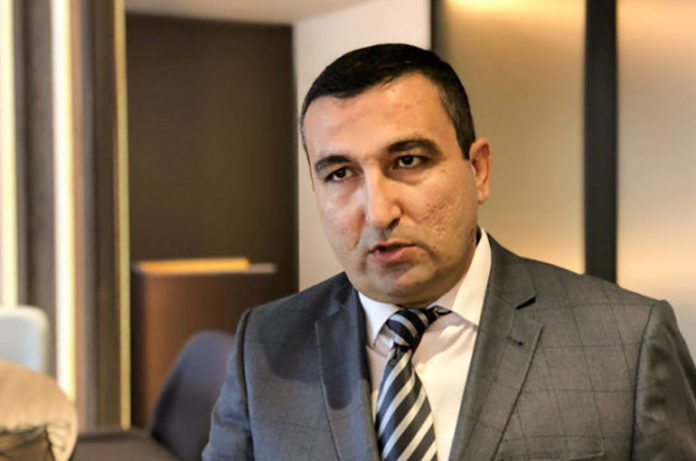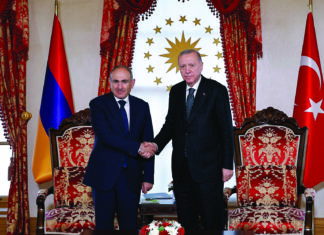YEREVAN — After the Russian-Ukrainian war, a large influx of tourists to Armenia began due in part to the restrictions of European countries. While Armenia might be able to use the opportunity to develop and stabilize its weak economy to some extent, as last week showed, everything in Armenia also became more expensive during the influx of Russians, and this created additional problems for ordinary Armenian consumers. In particular, the prices of sugar, oil, bread and other important products have risen.
Inflation has increased in unbelievable proportions in the Armenian real estate market. For example, there are already houses in Yerevan for which the owner demands $6,500 in monthly rent.
Economist Armen Grigoryan told the Armenian Mirror-Spectator that what is happening is not normal and can have bad consequences. He declared: “Yes, it is good that there is commerce, but everything is excessive and the ordinary citizen suffers from it. I think the state should somehow deal with all this and regulate it, because this can also drive away tourists.”
The Russian tourists we met on the street appeared sincere. They think that Armenia is a very good country, but everything is very expensive. Ivan Tomachkov said, “Your country is unique, to be honest, but I do not understand why everything is so expensive.”
Anna Bunina, who came here with her family, said she was most surprised by the thousands of fountains, which flowed 24 hours non-stop. Despite this admiration, she also complained about the high price of food.
“But,” she exclaimed, “what the devil! What extreme prices there are for everything here! It’s the end of the world.”








